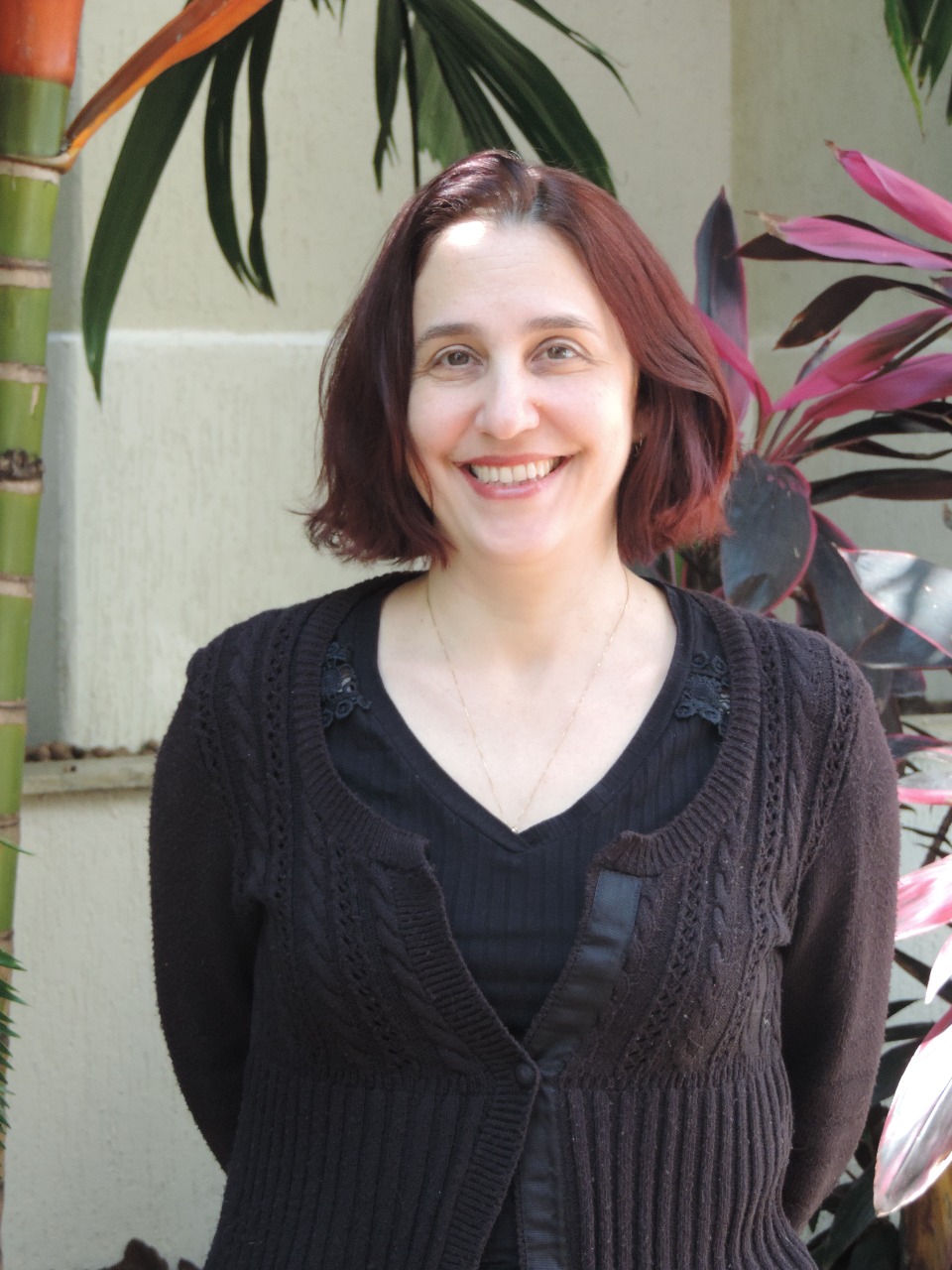Storytelling in ESL: As simple as it gets
 How frequently do you interrupt your students’ stories in L1 because you believe this might disrupt the class flow and prevent them from attempting to communicate in English? You’re not alone and rest assured it’s not your fault. This often happens because our teaching practice may be rooted in the belief that language learning entails the sole use of L2 in class.
How frequently do you interrupt your students’ stories in L1 because you believe this might disrupt the class flow and prevent them from attempting to communicate in English? You’re not alone and rest assured it’s not your fault. This often happens because our teaching practice may be rooted in the belief that language learning entails the sole use of L2 in class.
Students will communicate at least partly in L1 because more than anything else, they want to tell stories about themselves and to be heard. But what stories are we talking about? So, I would like to invite you to reflect on the importance of narratives in everyday interactions, including classroom interactions.
Most of us have a pretty good idea of what narratives are, but do we know what narratives do? Oral narratives take place in our everyday lives and may pass from one generation to the next through fairytales, fables, legends, and family stories, among others. We often think of narratives as well-structured stories with a sequence of events such as a beginning, a middle, and an ending, as well as a plotline that is compelling enough to engage an audience.
In contrast to this, I would like to introduce the idea of everyday, ordinary, uninteresting narratives about recent and unfolding events, or even about things that might happen in the future, which, according to researchers in the field of narrative studies Michael Bamberg and Alexandra Georgakopoulou (2008), are called small stories. As the authors put it, small stories can be simply about nothing, and yet, they are part of everyday interactions and they serve as important tools for interactants to construct and reconstruct their identities within their group.
And what’s more, in the context of an ESL classroom, in order to do so, learners need to negotiate peer-roles in the group and turn an ordinary event into a tellable story in order negotiate the floor during a conversation. Likewise, small stories help learners build a sense of who they are in the here-and-now of interactions, thus enabling them to build a strong sense of group identity in their English learning environment as they share their stories to a real audience. Small stories are not really about content; they have the function of enabling individuals to work on their identities both as tellers and listeners in real communication situations.
That said, providing learners with such speaking opportunities is easier said than done, but it is still possible to foster spontaneous conversations in our classes if we give our learners tools and opportunities to share their stories spontaneously in L2. For this to happen, first of all, it is fundamental that we give students time to engage in conversations and provide them with language chunks to interact with others.
I have recently flipped the course syllabus and started teaching present and past verb forms to beginner students from day one, so that they can start sharing simple everyday events. We all have deeply held beliefs about teaching and learning a second language, but it’s never too late to let go of some of them and reframe them, so that we can pave the way to new horizons for us and our students.
If you wish to learn more about what small stories do:
Bamberg, M., & Georgakopoulou, A. (2008). Small stories as a new perspective in narrative and identity analysis. Text & Talk, 28(3), 377-396.




